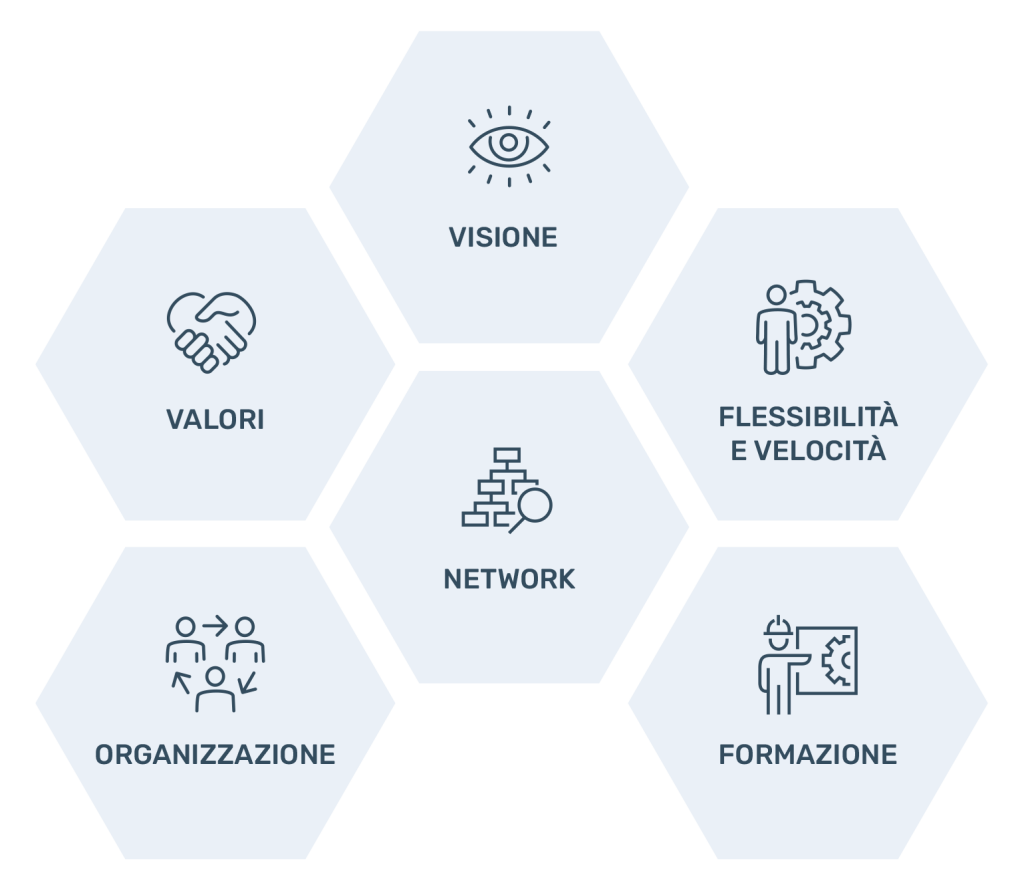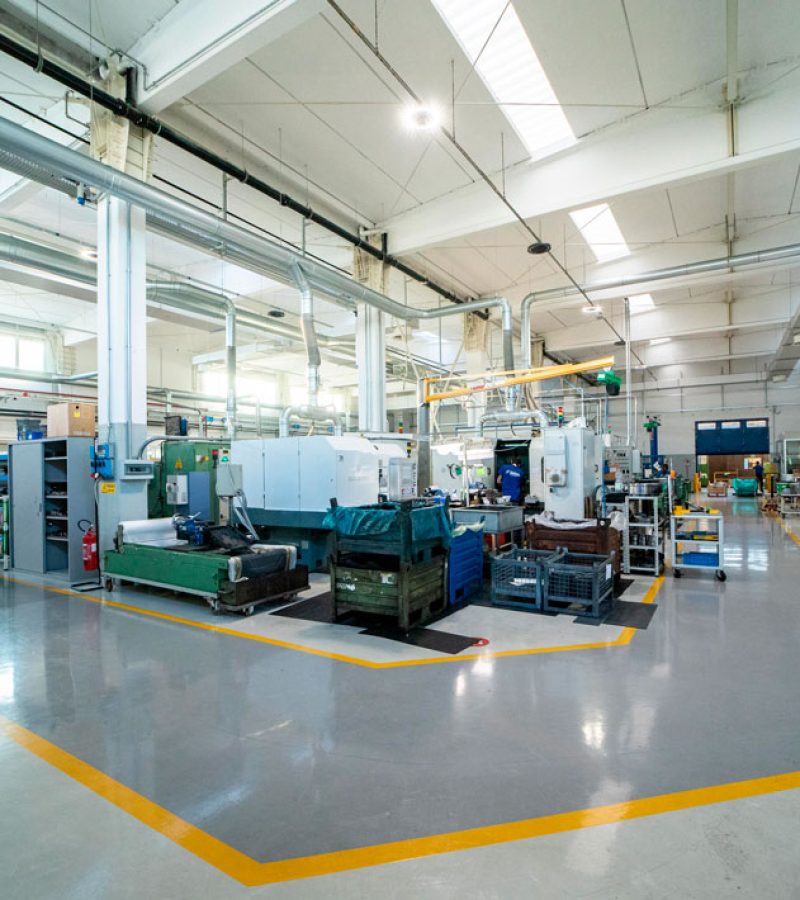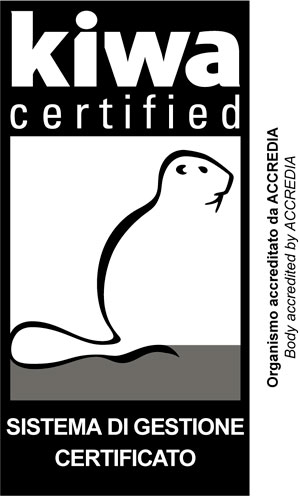ABOUT US
50 years of precision grinding for a range of industrial sectors
We grind mechanical components and assemblies for the hydraulic, agricultural, automotive and medical sectors. In the hydraulic sector, we are the only benchmark for finished products. We aim to improve the technical and quality aspects of grinding inside and outside diameters and finishing treatments. We invest in 4.0 systems and robots, with more than 40 in total, and in continuing education for all personnel. Out PLUS points:
History
The Motor Valley and development of mechanical engineering and fluid dynamics
In 1974, while the Motor Valley was booming, brothers Alberto, Enrico and Giovanni Corghi and their wives founded their family-run business in Novellara di Reggio Emilia. Like so many in the area, RETTIFICA FRATELLI CORGHI also became a small to medium-sized enterprise, following the evolution of a very common and typically Italian business model that is still the backbone of our economy. The constant characteristics of an economic and social phenomenon such as SMEs can be found in the work culture and ability to socially unite with local communities that are often far removed from the services and identity of major urban centres. So, by aiming at outstanding machining and services, the company soon became a partner to large local businesses and multinationals while weaving its relational heritage, both through association and representation and with local institutions, in a mutual dialogue and recognition of roles.
At the turn of the 2000s, the founders’ children joined while the founders were still active in the various departments, making it a very fruitful integration of resources and skills for the organisation rather than a “generational transition”. In addition to the three brothers’ innate competitive strength, they adhered to an internationally recognised business model that includes, for example, the Toyota method, the PDCA cycle, and continuous improvement processes. The result is an organisation with a solid 50-year technical heritage that is constantly passed on to new resources, as well as an ability to respond promptly to market challenges. In fact, the new management plans strategies aimed at production and service flexibility and continuous technological and digital modernisation.
Lo staff dirigente
Responsabile commerciale
Annalisa Corghi
Responsabile amministrazione
F. B.
Responsabile risorse umane
Annalisa Corghi
Responsabile qualità
E. M.
R. tecnologie e manutenzione
Davide Corghi
Responsabile produzione
Stefano Corghi
Mosaic Business Model
Il “Mosaic Business Model” è quello che maggiormente ci rappresenta poiché valorizza la visione, il sistema di valori, le relazioni interne ed esterne, nei 6 building blocks seguenti.

Visione
La nostra visione si fonda, in primis, sull’ascolto del cliente al fine di fornire soluzioni personalizzate e innovative, che presuppongono capacità di problem solving e assoluta precisione, indispensabile per rettifiche d’eccellenza.Valori
Centralità al cliente, fiducia nei rapporti con fornitori e istituzioni, benessere nelle relazioni, gestione degli errori per crescere (metodo PDCA).Organizzazione
Valorizzazione delle risorse, formazione continua e aggiornamento tecnologico. Nuovo assetto di governance centrato sui figli dei fondatori.Network
L’organizzazione è soggetto attivo nello sviluppo di network: nel 2012 fonda, infatti, PRECISIONET, rete d’imprese di subfornitura in ambito meccanico-elettronico, coinvolgendo diverse imprese storiche del territorio. L’obiettivo è mettersi in sinergia e aprirsi ai mercati internazionali.
Dal 2021 Annalisa Corghi è presidente di CIS, la Business School di Unindustria Reggio Emilia. Inoltre coltiva i rapporti con le istituzioni locali e scolastiche.




